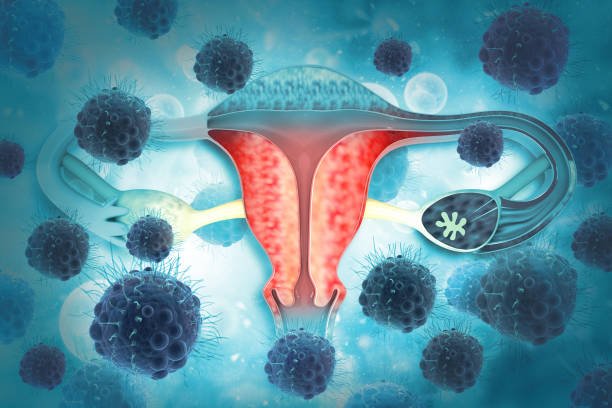
Today, infertility cases are on the rise leading couples to opt for various fertility treatments. Fertility treatments require taking fertility drugs that help women to conceive. However, every unknown treatment comes with its own sets of advantages and disadvantages. One of the common questions that every couple asks on their first appointment is the fear of cancer. Do fertility treatments like IVF or fertility drugs cause cancer? Every fertility treatment has its risks, however, do you need to worry about cancer? Here is an article about fertility treatments and the possibility of developing cancer in the course of the treatment.

If you do thorough research on fertility treatments, you will know that fertility drugs are the best way to increase the chances of pregnancy. However, after a review in 2005, it was widely publicized that the fertility drug “Clomid” increases cancer risk in women. Although various studies were conducted they proved no valid proof of such a review.
A recent study in 2019 confirms that there is no certain link between fertility drugs and cancer. Instead, experts observed that fertility drugs increased the estrogen levels which protect from colorectal cancer. Therefore, fertility drugs decrease the risk of cancer in women who use them.
However, these studies do not consider uterine cancer as a potential risk factor. For example, if women do not get pregnant, then the chances of getting uterine cancer are higher than usual. Moreover, obesity can not only disrupt the process of fertility but can also increase the chances of developing cancer.
Fertility drugs have no link with cancer. However, doctors find a connection between bad lifestyle choices and obesity to increase the chances of cancer in women. Here we have detailed studies about potential cancer risks through fertility treatments.
One of the Cochrane reviews confirms that there are no ovarian stimulating drugs that increase the chance of developing cancer. The study showed that women using fertility drugs show no sign of increased risk of cancer concerning those who did not take fertility drugs. Although there were studies that showed a risk of developing cancer while fertility treatments, the samples were not reliable enough to conclude.
Another issue that came up with the IVF treatment was the possibility of developing borderline ovarian tumors. However, according to a study of 2015, ovarian tumors were found in women who use progesterone supplements. There was no link present between IVF treatment and the tumors. The risk was higher in women who had multiple cycles of progesterone supplements.
Although there is no evidence that fertility drugs can cause cancer, there are studies that show the impact of estrogen on breast cancer. Since the majority of fertility drugs temporarily increase estrogen levels in women, fertility treatment can risk developing cancer. This is why doctors recommend women with endometriosis follow regular checkups with their doctor to reduce the risk. Women who have PCOS have a high risk of developing ovarian, breast, and endometrial cancer.
Final Words
When you are trying to conceive, it is important to take care of your overall health. A healthy lifestyle and healthy diet help to prepare the body for a healthy pregnancy. There is no proof that the drugs cause cancer. Therefore, it is important to follow doctors’ advice and stay in touch with your fertility expert in case of any bodily changes that occur during the treatment.
For Consultation contact Renew Healthcare – Best Ivf clinic in Kolkata
During IVF, you may hear terms like "Grade A embryo," "blastocyst quality," or "ICM and TE grading." Many couples feel...
The IVF journey can be one of the most emotionally intense experiences a couple faces. From hormone injections and medical...
Planning a pregnancy is one of the most meaningful steps in your life — but the journey doesn’t begin only...
Male fertility is closely associated with the health of sperm. A healthy sperm count and strong motility are essential for...
Meet Priyanka, a busy marketing professional. Lately, her periods have become heavy and unpredictable. Cramping disrupts her workday, and she’s...
Role of IVF in Overcoming Infertility Challenges in Endometriosis Endometriosis is an often painful disorder in which tissue similar to...
Journey towards parenthood Infertility and childlessness can be challenging journeys for couples to navigate. The emotional and physical toll of...
The "Save the Sibling" Program "Save the Sibling" program, a collaboration of Renew Healthcare, Cordlife, and HCG EKO offers hope...
What is PCOD? PCOD, also known as Polycystic Ovary Syndrome, is a common hormonal disorder that affects women of reproductive...
Intrauterine insemination aka IUI is a common fertility treatment that many couples opt for having a biological child. The experts...
